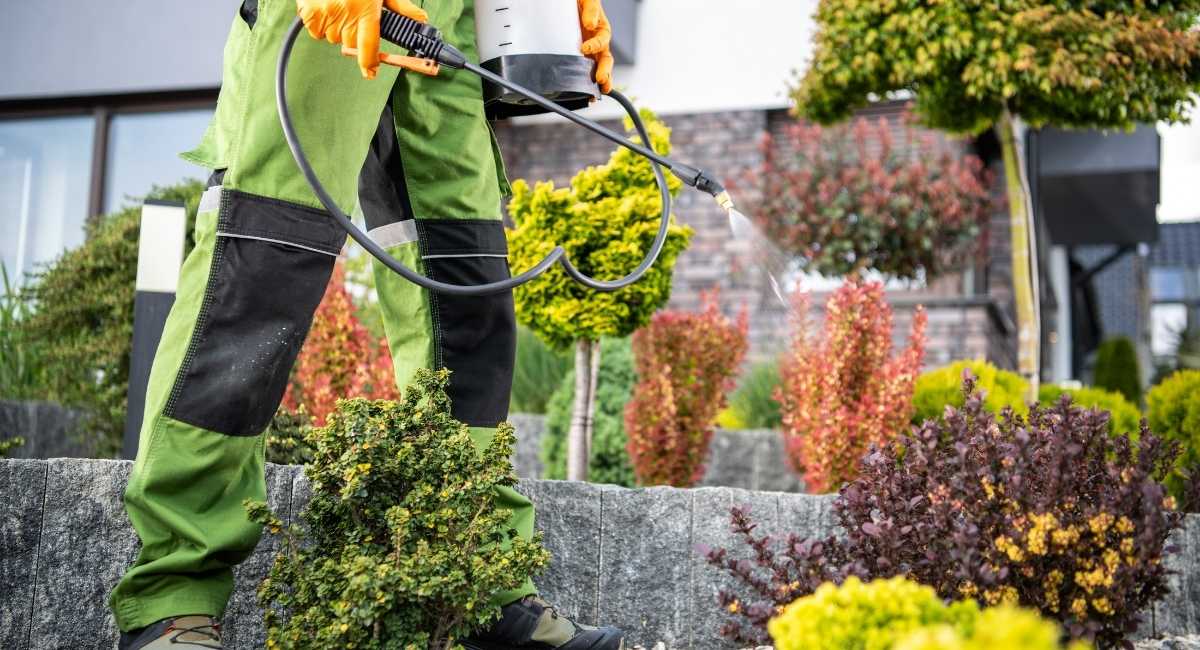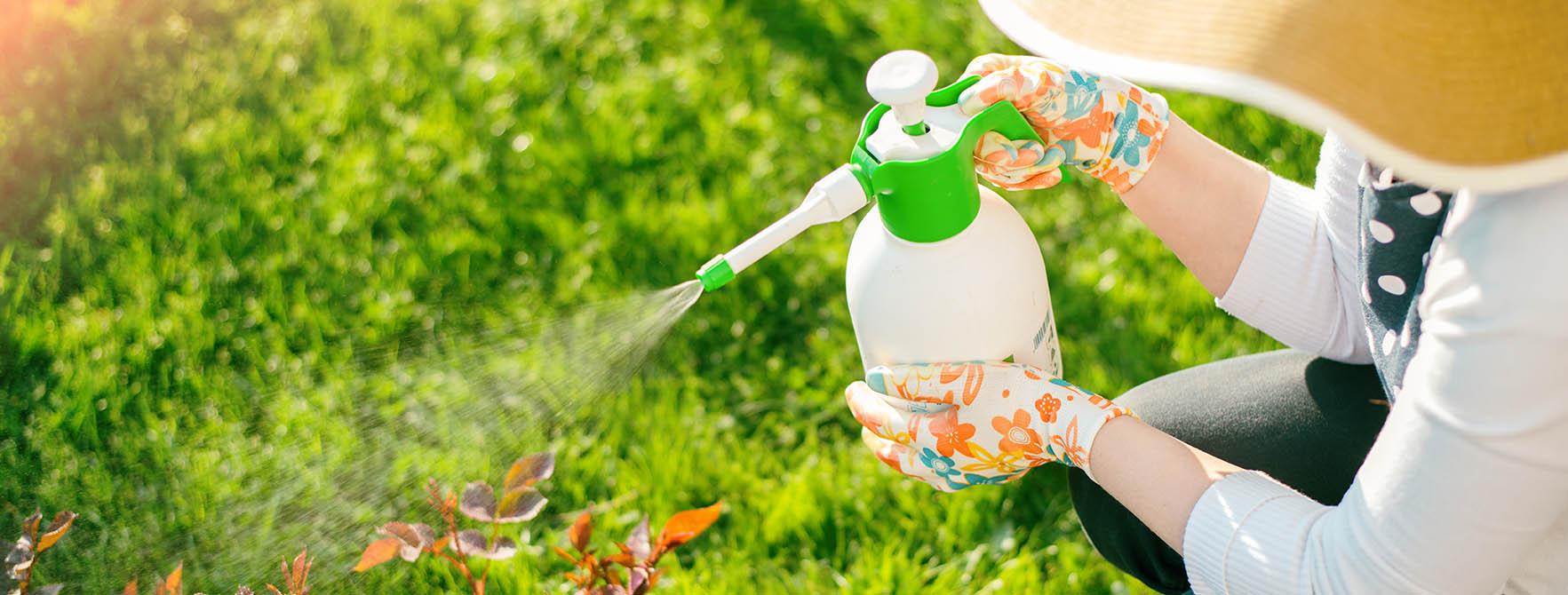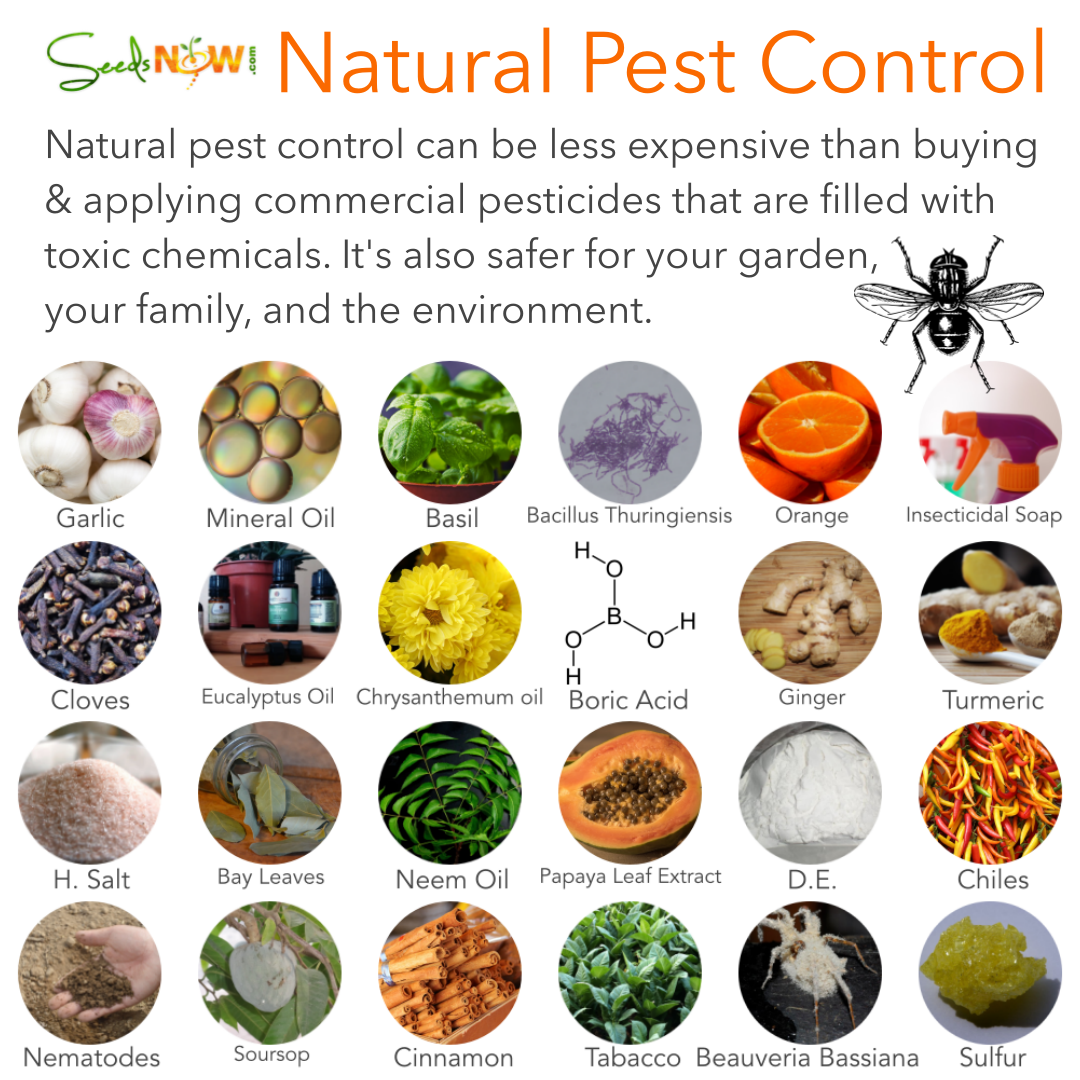How To: Efficient Pest Control for Modern Gardens

Imagine stepping into your garden, a sanctuary of lush greenery and vibrant blooms, only to find it under siege by unwanted pests. It's a scenario that can turn your dream garden into a nightmare. But fear not! With the right efficient pest control methods for modern gardens, you can reclaim your outdoor paradise and ensure it thrives. Let's dive into the world of organic pest control, garden pest management, and sustainable gardening to keep your modern garden care on point.
Understanding the Basics of Garden Pest Management
Before we delve into the specifics of efficient pest control methods for modern gardens, it's crucial to understand the basics of garden pest management. Pests come in various forms—from insects and rodents to birds and even larger animals. Each type requires a different approach to control and prevention.
Identifying Common Garden Pests
The first step in garden pest management is identifying the culprits. Common garden pests include:
- Aphids: Small, soft-bodied insects that suck the sap from plants.
- Slugs and Snails: Mollusks that feed on leaves and stems.
- Caterpillars: Larvae of butterflies and moths that can defoliate plants.
- Beetles: Insects that can damage both foliage and roots.
- Rodents: Mice and rats that can destroy plants and spread diseases.
The Importance of Sustainable Gardening
Sustainable gardening is not just a buzzword; it's a philosophy that emphasizes the use of natural and eco-friendly methods to maintain a healthy garden. By adopting sustainable practices, you can minimize the environmental impact and ensure long-term garden health.
Efficient Pest Control Methods for Modern Gardens
Now that we have a basic understanding of garden pest management, let's explore some efficient pest control methods for modern gardens. These methods are designed to be both effective and environmentally friendly.
Organic Pest Control Solutions
Organic pest control is a cornerstone of sustainable gardening. Here are some tried-and-true organic solutions:
- Neem Oil: A natural insecticide derived from the neem tree, effective against aphids, mites, and whiteflies.
- Diatomaceous Earth: A powder made from fossilized algae that can kill insects by damaging their exoskeletons.
- Companion Planting: Planting certain plants together to repel pests. For example, marigolds can deter nematodes, while garlic and chives can repel aphids.
Physical Barriers and Traps
Physical barriers and traps are simple yet effective pest prevention tips. Consider the following:
- Row Covers: Lightweight fabric covers that protect plants from insects while allowing sunlight and water to pass through.
- Sticky Traps: Adhesive traps that can capture flying insects like whiteflies and fungus gnats.
- Barrier Fencing: Wire mesh or hardware cloth that can keep out larger pests like rabbits and deer.
Biological Control Methods
Biological control involves using natural predators to keep pest populations in check. Some common biological control agents include:
- Ladybugs: Voracious predators of aphids and other soft-bodied insects.
- Praying Mantises: Generalist predators that feed on a variety of insects.
- Parasitic Wasps: Tiny wasps that lay their eggs inside pest insects, eventually killing them.
Pest Prevention Tips for Modern Garden Care
Prevention is always better than cure, especially when it comes to garden pest management. Here are some pest prevention tips to keep your garden healthy and pest-free:
Regular Garden Maintenance
Regular garden maintenance is key to pest prevention. This includes:
- Pruning: Removing dead or diseased plant material to prevent pest infestations.
- Weeding: Keeping weeds under control to reduce pest habitats.
- Cleanliness: Removing fallen fruit, leaves, and other debris that can attract pests.
Soil Health and Nutrition
Healthy soil is the foundation of a healthy garden. Ensuring your soil is rich in nutrients can help plants resist pests and diseases. Consider the following:
- Composting: Adding organic matter to improve soil structure and fertility.
- Mulching: Using organic mulch to retain moisture and suppress weeds.
- Crop Rotation: Rotating crops to prevent the buildup of pest populations.
Watering Techniques
Proper watering techniques can also play a role in pest prevention. Overwatering can create a moist environment that attracts pests like slugs and snails. Here are some tips:
- Drip Irrigation: Using drip irrigation to deliver water directly to plant roots, reducing moisture on leaves.
- Morning Watering: Watering in the morning to allow leaves to dry quickly, reducing the risk of fungal diseases.
- Rain Barrels: Collecting rainwater to use for irrigation, reducing the need for municipal water.
Advanced Techniques for Modern Garden Care
For those looking to take their garden pest management to the next level, there are advanced techniques that can be highly effective.
Integrated Pest Management (IPM)
Integrated Pest Management (IPM) is a comprehensive approach that combines various pest control methods. It involves:
- Monitoring: Regularly inspecting your garden for signs of pests.
- Identification: Accurately identifying pests to determine the best control methods.
- Action Thresholds: Setting thresholds for pest populations before taking action.
- Control: Using a combination of physical, biological, and chemical controls as needed.
Technological Innovations
Technology is revolutionizing modern garden care. Some innovative tools include:
- Pest Monitoring Apps: Apps that use AI to identify pests and provide control recommendations.
- Smart Irrigation Systems: Systems that use sensors to optimize watering, reducing pest-friendly conditions.
- Automated Pest Control: Devices that automatically release pest control agents, such as pheromone traps.
Conclusion
Efficient pest control methods for modern gardens are not just about eradicating pests; they're about creating a harmonious ecosystem where plants can thrive. By embracing organic pest control, sustainable gardening practices, and advanced techniques, you can transform your garden into a pest-free oasis. Remember, garden pest management is an ongoing process that requires patience, observation, and a willingness to adapt. So, roll up your sleeves, grab your gardening gloves, and let's make your garden the envy of the neighborhood!
FAQs
What are some common signs of pest infestation in a garden? Common signs include wilting or yellowing leaves, holes in foliage, chewed stems, and the presence of insects or their eggs.
How can I attract beneficial insects to my garden? Planting flowers that attract beneficial insects, such as yarrow, dill, and fennel, can help. Providing a water source and avoiding broad-spectrum pesticides are also effective.
Is it safe to use chemical pesticides in my garden? While chemical pesticides can be effective, they can also harm beneficial insects and the environment. Organic and biological controls are generally safer and more sustainable.
How often should I monitor my garden for pests? Regular monitoring is key. Aim to inspect your garden at least once a week, especially during the growing season.
What should I do if I find a pest I can't identify? If you encounter an unidentified pest, take a photo and consult with a local gardening expert or use a pest identification app for assistance.


0 Response to "How To: Efficient Pest Control for Modern Gardens"
Post a Comment